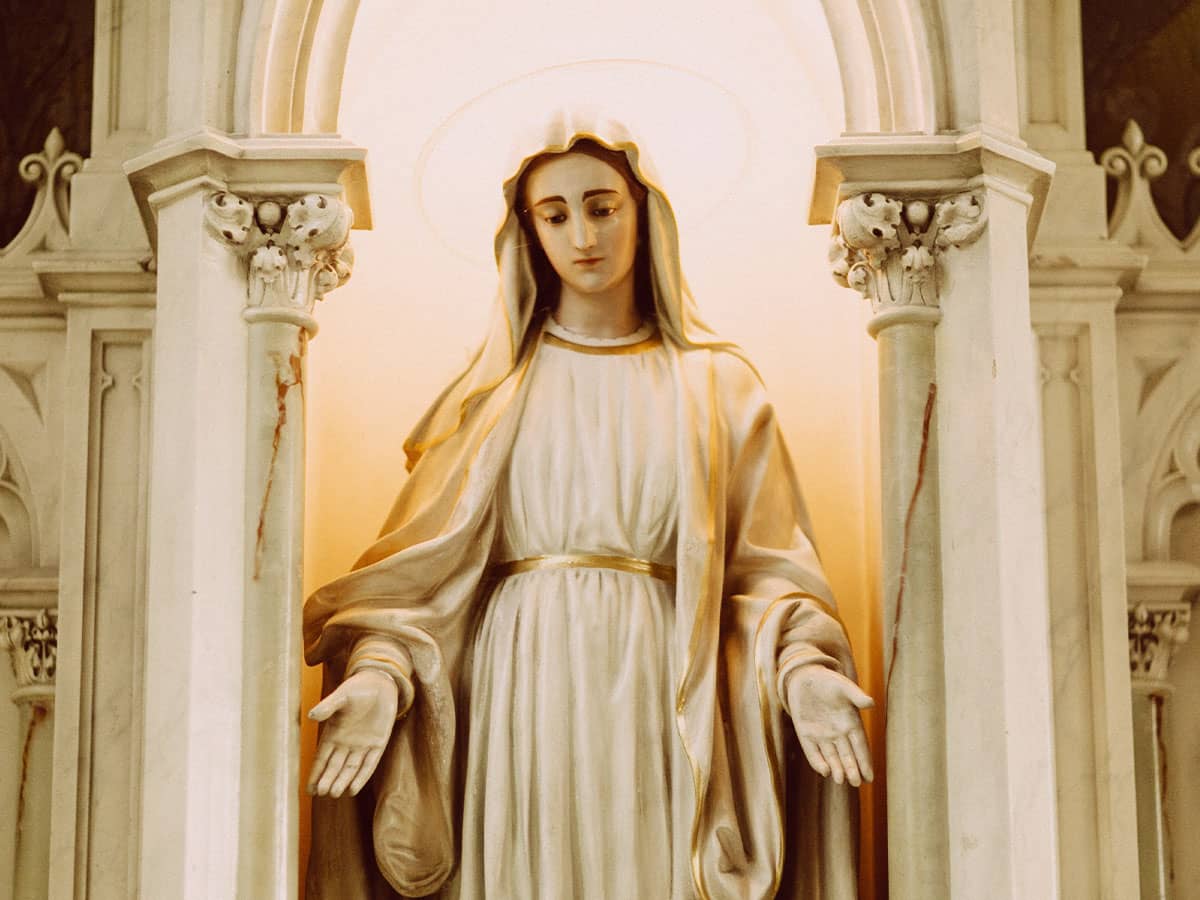Clinicians and other experts say a key pattern has been overlooked in the clergy sex abuse crisis: A significant number of the Roman Catholic priests accused of abusing children were molested themselves.
The Rev. Stephen Rossetti, a psychologist and sex abuse consultant to the U.S. Conference of Catholic Bishops, said about two-thirds of the errant priests whose counseling he has monitored were abuse victims as youths.
``It's a vicious cycle and it's a cycle we're trying to break,'' Rossetti said Thursday.
His observations are consistent with what the Rev. Thomas Doyle has seen. A canon lawyer who has testified for plaintiffs in hundreds of abuse claims against the church, Doyle said it is not unusual for abusive priests to have been molested.
Rossetti said in his 10 years of treating abusive clergy, the ones who said they had been victimized had almost always been assaulted by someone unconnected to the church. But A.W. Richard Sipe, a former priest and psychotherapist who studies sexuality in the church, concluded that many errant priests were molested by clergy.
The Rev. Paul Shanley, who is charged with raping a boy in Massachusetts and has become a central figure in the nationwide abuse scandal, wrote in 1995 to a Boston Archdiocese administrator that he had been abused, ``as a teen-ager, and later as a seminarian by a priest, a faculty member, a pastor.''
The Rev. Kevin Clohessy was publicly accused last month of molesting a male college student in Missouri nearly a decade ago. His brother, David, national director of the Survivors Network of Those Abused by Priests, said he and Kevin were molested as boys by the same priest.
Kevin Clohessy has not commented publicly on the allegations against him or his history. Shanley has pleaded innocent.
``It is a risk factor,'' he said.
Dr. Robert Miller, a University of Colorado expert on sex offenders who also serves as an expert witness at criminal trials, said the pattern is important for treating perpetrators, but is rarely successful as a legal defense - and rightly so, he thinks. Judges often will only consider it as a factor in sentencing, he said.
``It's pretty generally accepted that it has an impact, but there's a difference between explaining and excusing,'' Miller said.
Berlin said it is rare for sex offenders to fabricate a history of being abused themselves in order to win sympathy or a less severe criminal punishment.
``Males who have been abused have a very difficult time talking about it. Most of the patients don't even reveal they had been abused around the time of treatment or sentencing when it would have been advantageous for them to do so,'' he said. ``Often you have to encourage them to talk about it.''
Rossetti said many priests he's seen in treatment don't recognize they were victimized, and only come to understand what happened to them after undergoing counseling.
``That's why it's important that, even though we condemn child sex abuse, we do not necessarily condemn the person who commits abuse, but the behavior,'' Rossetti said.
Psychologists who screen candidates for the priesthood often ask men whether they have been sexually abused, but each seminary hires its own counselor and there is no uniform set of questions, he said.
Berlin said Catholic leaders - and the public - need to understand the pattern to develop effective ways to prevent child abuse.
``It's important to recognize pedophilia is a public health problem,'' he said. ``People discover they're afflicted with a sexual orientation toward children and that can't be legislated away or punished away.''

